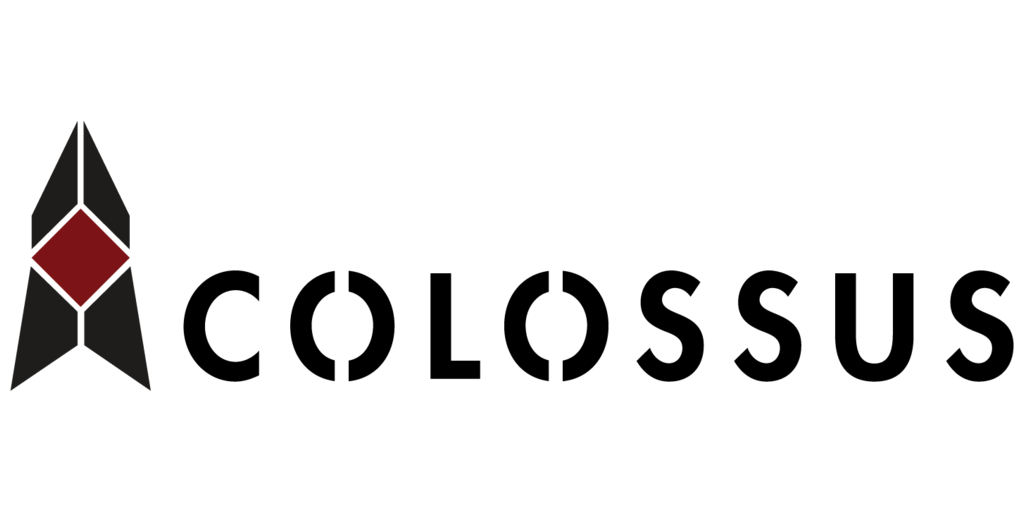OAKLAND, Calif.–(BUSINESS WIRE)–#semiconductors–Colossus, formerly known as Zephyr Computing Systems, is at the forefront of the artificial intelligence (AI) computing hardware market for space, having achieved space heritage for its radiation-tolerant processor as part of Loft Orbital’s YAM-6 satellite. This customer milestone brings Colossus’s radiation-tolerant, GPU-based processor, Kestrel, to TRL-9, confirming a leap in AI-enabled space computing.
Space’s challenging environment has historically constrained the use of contemporary computer hardware essential for managing data processing and intricate AI and ML workloads onboard satellites. Yet, the potential benefits are substantial, with AI projected to drive growth in the space industry, anticipated to reach a value of $1.8 trillion by 2035, as per McKinsey.
Colossus’s onboard processor system, Kestrel, took flight aboard YAM-6 to low-earth orbit on the SpaceX Transporter-10 dedicated rideshare mission from Vandenberg Space Force Base in California, US on March 4th.
Jason Cerundolo, co-founder and CEO of Colossus, emphasizes, “Getting high-performance computing to work beyond earth’s surface is a tough challenge, so new hardware approaches are needed to meet the data and software demands of today’s advanced sensing methods, space infrastructure, and autonomous operations.” He continues, “We see a near future where data generated in space is increasingly used in space. Commercializing AI-ready, radiation-tolerant hardware for computation and storage is a crucial piece of the puzzle we are solving at Colossus.”
Loft selected Colossus’s Kestrel system to serve as a Compute Resource for Virtual Missions. Keith Becker, Director of Embedded Systems, Flight Products from Loft states, “Loft’s Virtual Mission service allows customers to access in-space data, and Colossus’s onboard processor technology helps enable this new paradigm for our customers.”
Colossus’s technology leverages a novel, agile-defense method for mitigating the detrimental effects of radiation on electronics—a fusion of algorithms, bespoke components, semiconductor advancements, and hardware design. Coupled with Colossus’s tailored Linux-based operating system optimized for space, developers can seamlessly integrate Colossus’s solutions into upcoming missions. Learn more at www.colossuscompute.com.
ABOUT COLOSSUS
Colossus offers state-of-the-art, AI-enabled computing systems for space. Established in 2021, the Oakland-based company specializes in developer-ready hardware and software to meet the demanding conditions of space missions. Leveraging modern semiconductor technology and terrestrial data architectures, Colossus aims to bring the last 30 years of the computing revolution to the space industry. Backed by NASA’s Phase I and Phase II SBIRs, Colossus is committed to advancing the frontiers of space exploration, earth observation, and beyond.
ABOUT LOFT ORBITAL
Loft was founded to make space simple. We envision a world where space infrastructure enables any company, government, or institution to realize the benefits of space. We’re changing the status quo with standardized satellites, powered by hardware and software abstraction layers that enable us to fly Physical, Virtual, and On Demand Missions.
Contacts
Amanda Mork
amanda@colossuscompute.com



.jpg)
.jpg)